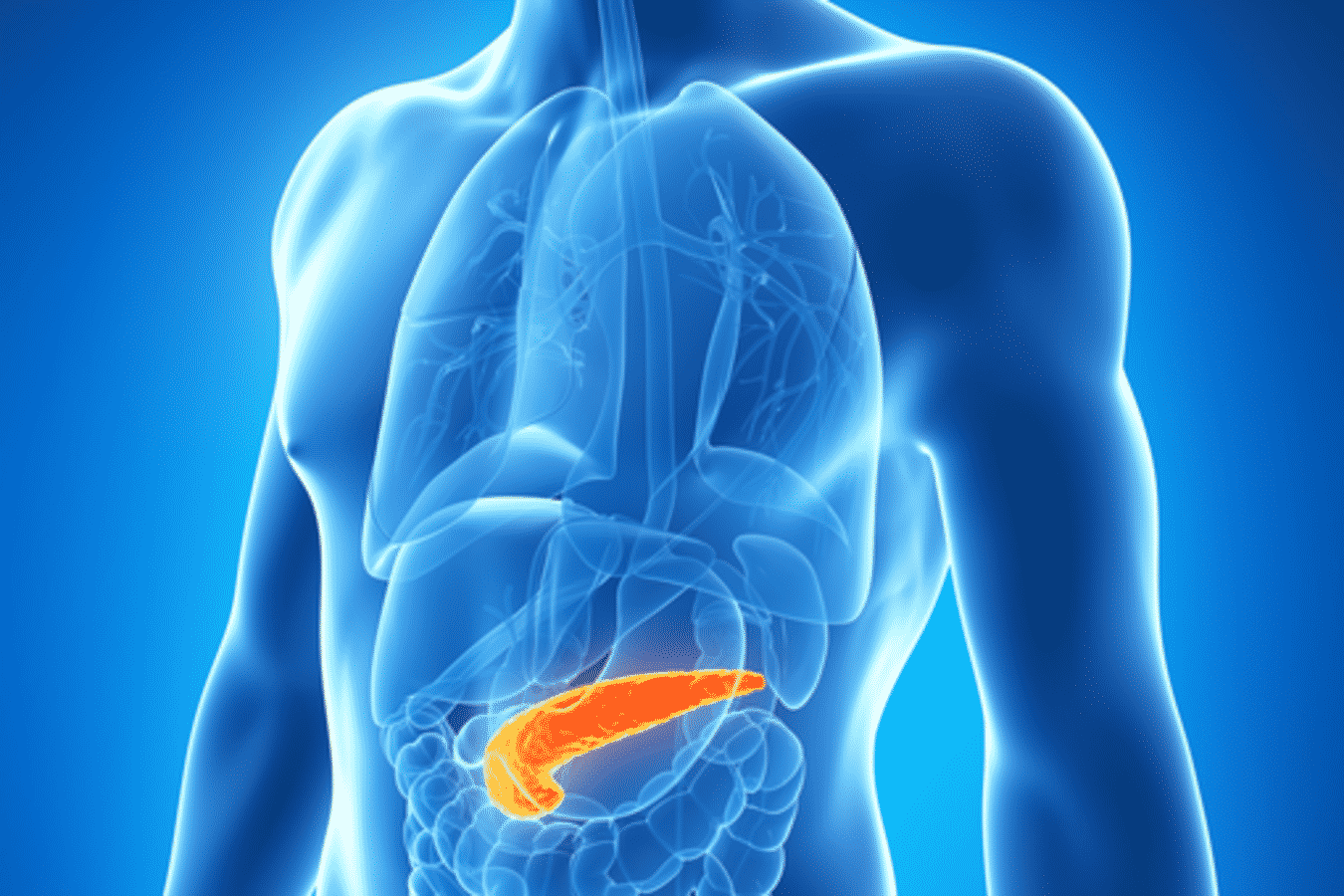Scientists Study the Third Type of Diabetes-Repercussions of Misdiagnosis
Type 3c diabetes mellitus is more common than generally thought. Its prevalence is supposed to be among 5%-10% among all diabetics.
Also, the misclassification of these patients is very common, yet identification of these patients is very important due to some special diagnostic and therapeutic considerations in this subset of patients.
Chronic pancreatitis is a disease characterized by pancreatic inflammatory and fibrotic injury resulting in irreversible parenchymal damage. Progressive nutrient maldigestion and disturbance of the timing and the interactions between nutrient digestion and absorption is observed and may lead to severe metabolic derangements. Glucose intolerance and diabetes mellitus are observed quite frequently in the course of the disease.
In contrast to the autoimmune mediated destruction of the beta-cells in type 1 diabetes mellitus, glucagon secreting alpha-cells and pancreatic polypeptide secreting pancreatic polypeptide-cells are also subject to destruction in chronic pancreatitis leading to a complex deranged metabolic situation.
Diabetes mellitus secondary to pancreatic diseases (such as chronic pancreatitis) is classified as pancreatogenic diabetes or type 3c diabetes mellitus according to the current classification of diabetes mellitus.
Whereas the awareness of type 1 and type 2 diabetes mellitus is rather good, type 3c diabetes mellitus, however, is a condition rarely considered in everyday practice. Yet, recent data on type 3c diabetes mellitus show that it might be more common than generally thought. Studies also suggest that this important condition might be consistently under- and misdiagnosed.
In the latest study, researchers at the University of Surrey have revealed that most cases of type 3c diabetes are being wrongly diagnosed as type 2 diabetes. Only 3% of the people in our sample – of more than 2m – were correctly identified as having type 3c diabetes.
Furthermore, as earlier discussed, researchers and specialist doctors have recently become concerned that type 3c diabetes might be much more common than previously thought and that many cases are not being correctly identified.
For this reason, the scientists involved in the study performed the first large scale population study to try and find out how common type 3c diabetes is.
The researchers found over 30,000 adult-onset cases of diabetes, and found 559 occurred after pancreatic disease. Despite the link between pancreatic disease and type 3c diabetes, 88 percent of those cases were still diagnosed with the more common type of adult-onset diabetes, type 2 diabetes and only 3 percent diagnosed as type 3c—implying at least some level of misdiagnosis. Those with diabetes following their pancreatic disorder generally had worse control over their blood sugar and required more insulin.
Senior author Professor Simon de Lusignan said: “Greater awareness of Type 3c diabetes within the medical profession is required immediately to improve management of this disease, which now has a higher incidence than Type 1 diabetes in adults.”
An estimated 422 million people around the world live with some form of diabetes, according to the World Health Organization.
The researchers said the National Health Service in England needs to better recognize the newer form of diabetes to help practitioners diagnose their patients.
“Diabetes and its complications place a tremendous burden on the NHS and it is important that patients are diagnosed quickly and correctly, helping them get the specific care they need,” Professor de Lusignan said.
“This builds on our previous work that suggests that failure to flag the right diagnosis is associated with lower quality care.”
Correctly identifying the type of diabetes is important as it helps the selection of the correct treatment. Several drugs used for type 2 diabetes, such as gliclazide, may not be as effective in type 3c diabetes. Misdiagnosis, therefore, can waste time and money attempting ineffective treatments while exposing the patient to high blood sugar levels.























